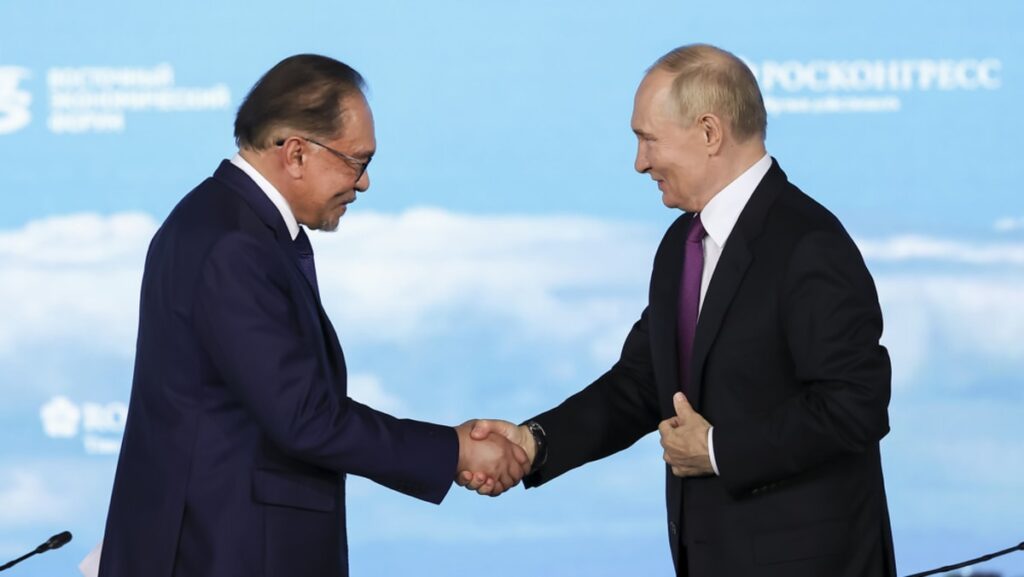However, industry players said some companies may not want to get into business with Russia out of fear they would face trade obstacles given the ongoing sanctions.
For instance, the United States’ latest sanctions sought to further curtail Russia’s use of the international financial system.
Standardising currency used in business with Russia may therefore emerge as a challenge, noted chairman of the Small and Medium Enterprises Association of Malaysia William Ng.
Also, while Russia may have developed its own state-of-the-art software and information technology applications, they would be a hard-sell in Southeast Asia, he added.
“We have been reliant on the American (and) European vendors for many years. To now shift the reliance to Russia as an option will take a bit of learning,” he said.
“At the end of the day, we know what is the elephant in the room: That is the issue of Ukraine. Until and unless Russia solves it – and only Russia can solve this issue – everybody else will be at risk (of sanctions),” he added.
RELATIONS BETWEEN ASEAN AND RUSSIA
Still, Malaysia, which will take on the leadership of ASEAN next year, is eager to engage with Russia and BRICS member countries to diversify from its traditional markets, while maintaining ASEAN centrality amid intense superpower rivalries.
Already, ASEAN has benefitted from its trade ties with Russia.
In 2023, Russia’s trade turnover with ASEAN grew by 15 per cent from the previous year.
The BRICS grouping, which was formed to act as a counterweight to the West and originally comprised Brazil, Russia, India, China and South Africa, added 13 partner countries in October, including ASEAN nations Malaysia, Vietnam, Indonesia and Thailand.
ASEAN, with a combined GDP of almost US$4 trillion, is the fifth-largest economy in the world.
https://www.channelnewsasia.com/asia/russia-malaysia-asean-trade-business-information-technology-cybersecurity-4781816


